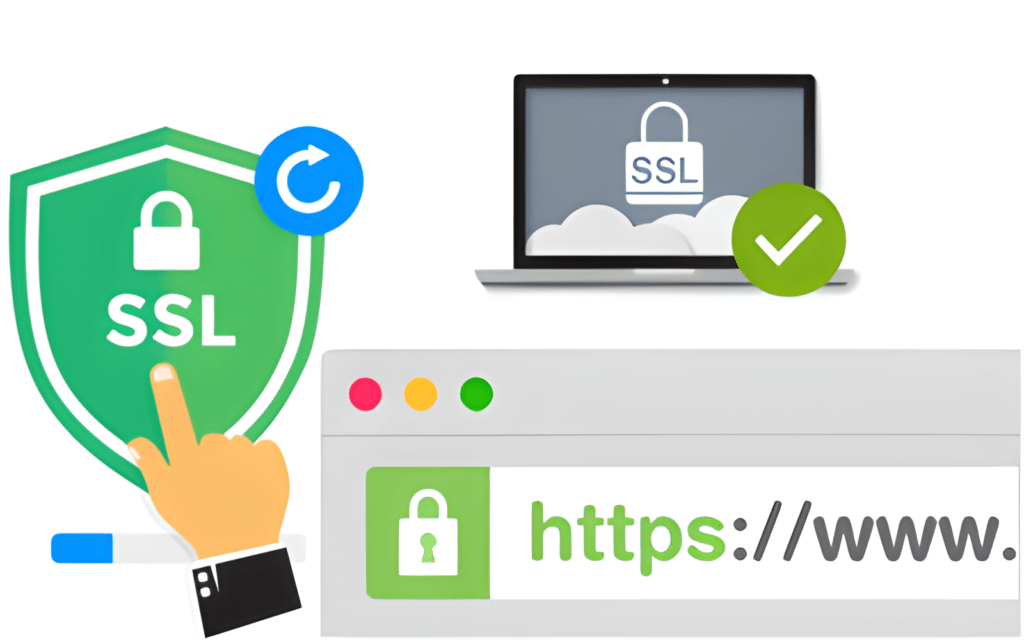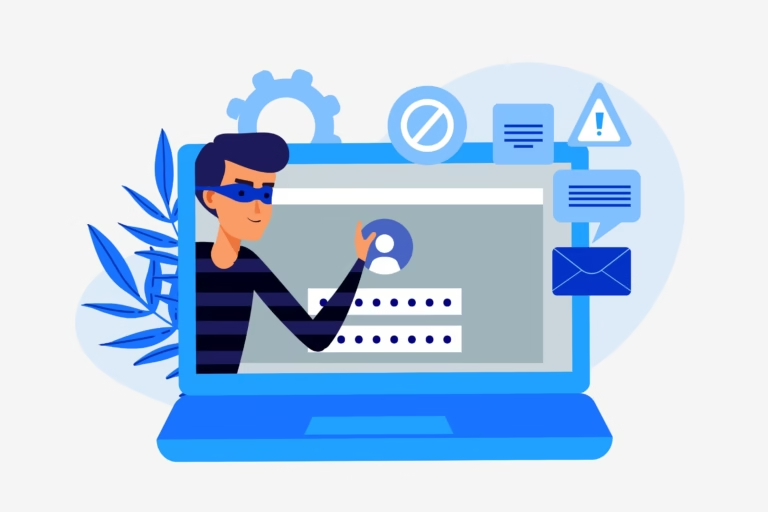
E-commerce security audits are essential for any online business to ensure the safety and protection of customer data, financial information, and overall online transactions. These audits typically involve a comprehensive review of the e-commerce platform, website, and associated systems to identify any vulnerabilities or weaknesses that could potentially be exploited by cybercriminals.
Understanding E-commerce Security Threats

E-commerce Security Threat Overview

1. Phishing Attacks:
Phishing attacks involve sending fake emails or messages that appear to be from a legitimate source in order to deceive individuals into providing sensitive information such as usernames, passwords, or credit card details.
2. Data Breaches:
Data breaches occur when a hacker gains unauthorized access to a company’s database and steals personal or financial information of customers. This can result in identity theft, fraud, or other financial losses for the affected individuals.


3. Malware:
Malware refers to malicious software that is designed to infiltrate a computer system and steal sensitive information. This can include keyloggers, ransomware, spyware, and other types of malware that can compromise the security of an e-commerce website.
4. Distributed Denial of Service (DDoS) Attacks:
DDoS attacks involve flooding a website with an overwhelming amount of traffic in order to overload the server and make the website inaccessible to legitimate users. This can result in lost sales and damage to a company’s reputation.


5. Man-in-the-Middle Attacks:
Man-in-the-middle attacks involve a cybercriminal intercepting communication between a customer and a company’s website in order to steal sensitive information such as login credentials or credit card details.
6. Payment Fraud:
Payment fraud involves using stolen credit card information to make unauthorized purchases on an e-commerce website. This can result in financial losses for both the customer and the company.


7. SQL Injection Attacks:
SQL injection attacks involve exploiting vulnerabilities in a website’s database to gain access to sensitive information or manipulate the website’s functionality. This can result in the theft of customer data or damage to the website’s reputation.
8. Cross-Site Scripting (XSS) Attacks:
XSS attacks involve injecting malicious code into a website in order to steal sensitive information or redirect users to a fake website. This can result in compromised customer accounts and financial losses.

Overall, e-commerce websites face a variety of security threats that can jeopardize the confidentiality, integrity, and availability of customer data. It is essential for companies to implement robust security measures such as encryption, firewalls, and regular security audits to protect against these threats and ensure the trust and safety of their customers.
Securing E-commerce Transactions
Securing e-commerce transactions is essential in today’s digital marketplace to protect sensitive customer information and ensure trust between buyers and sellers. Here are some key measures to secure e-commerce transactions:

1. Use SSL (Secure Socket Layer) encryption:
SSL encryption establishes a secure connection between the customer’s web browser and the e-commerce website, ensuring that all data exchanged during the transaction is encrypted and protected from hackers.
2. Implement strong authentication measures:
Require customers to create strong passwords and consider implementing multi-factor authentication methods to add an extra layer of security to their accounts.


3. Regularly update software and systems:
Keep your e-commerce platform and any related software up to date with the latest security patches to prevent vulnerabilities that can be exploited by hackers.
4. Secure payment gateways:
Use trusted and secure payment gateways to process transactions, such as PayPal or Stripe, that comply with PCI DSS (Payment Card Industry Data Security Standard) requirements.


5. Monitor and analyze transactions:
Regularly monitor e-commerce transactions for any suspicious activity, such as unusually large orders, multiple failed payment attempts, or shipping address discrepancies.
6. Educate employees and customers:
Ensure that your employees are trained in best practices for security and educate your customers on ways to protect their personal information, such as not sharing passwords or financial details over unsecured Wi-Fi networks.


7. Secure customer data:
Store customer information securely and limit access to only authorized personnel. Consider using tokenization or encryption to protect sensitive data
8. Implement fraud detection tools:
Use fraud detection tools and algorithms to flag and prevent fraudulent transactions in real-time.

Discover the impenetrable shield of cybersecurity for your business. Partner with Eshield IT Services today to fortify your defenses. Reach out to us at Contact us or via email at [email protected]. Direct inquiries and consultations can be made at +971-487-441-45 or through WhatsApp. Safeguard your business while unlocking its true potential











